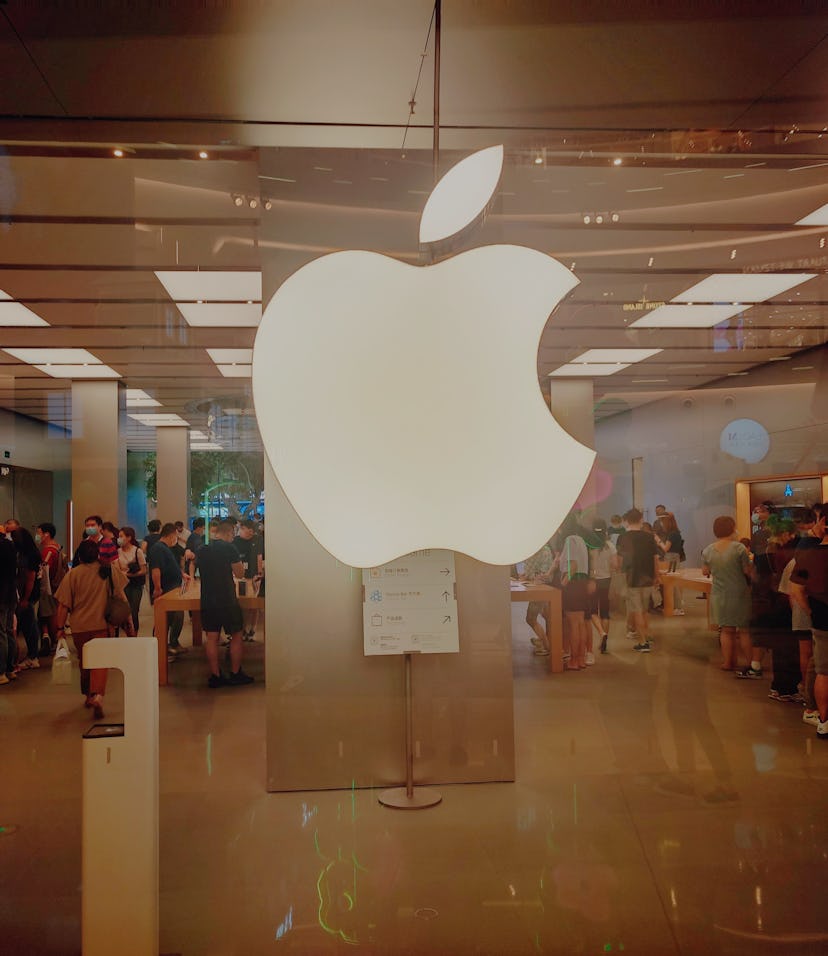Culture
Court rules Apple must change its App Store policies
The decision in favor of Epic Games will have major ramifications in the Big Tech industry

The court presiding over the long-running showdown between Apple and Epic Games regarding the Big Tech behemoth’s monopolistic App Store profit policies has ruled the company must begin allowing developers to inform customers of alternate payment methods outside of apps. Although Judge Yvonne Gonzalez Rogers of the US District Court for the Northern District of California awarded damages to Apple after siding with its claims that Epic violated its developer agreements, she also ruled that its ban on alternative pay methods was anticompetitive.
The news could very well mark a turning point in the way courts are handling Big Tech antitrust and monopoly accusations, portending actual consequences for the corporations aggressively consolidating their influence, profits, and power. We’ve posted a statement from Apple’s chief legal advisor regarding the possibility of appealing the ruling below:
Okay, not really. But we like envisioning Apple’s legal team as essentially just a Rogue’s Gallery of Batman villains.
A long time coming — Despite internal knowledge that the App Store’s business model was untenable in the long run, Apple has fought back tooth-and-nail against changing policies regarding its 30 percent cut of third-party developer profits, as well as allowing outside payment alternatives for apps. Perhaps sensing the coming shift, Tim Cook and company finally agreed to a version of that latter change a couple weeks’ back, although the ruling in its battle with Epic necessitates far more from Apple.
Apple prefers to highlight its wins — So far, Apple doesn’t seem to want to address the court forcing its App Store policy changes, and is instead focusing on its other legal wins today. "As the Court recognized 'success is not illegal.’ Apple faces rigorous competition in every segment in which we do business, and we believe customers and developers choose us because our products and services are the best in the world,” the company said in a statement.
It’s true that the court ruled in favor of Apple on a number of issues, perhaps most notably deciding it did not owe Epic Games any damages. Judge Gonzalez Rogers also stopped short of forcing Apple to allow third-party app stores — much to Tim Cook’s relief, we are sure. Although appeals are all but certain, it’s hard not to see today as a major moment in Big Tech hinting at large changes to come within the industry.